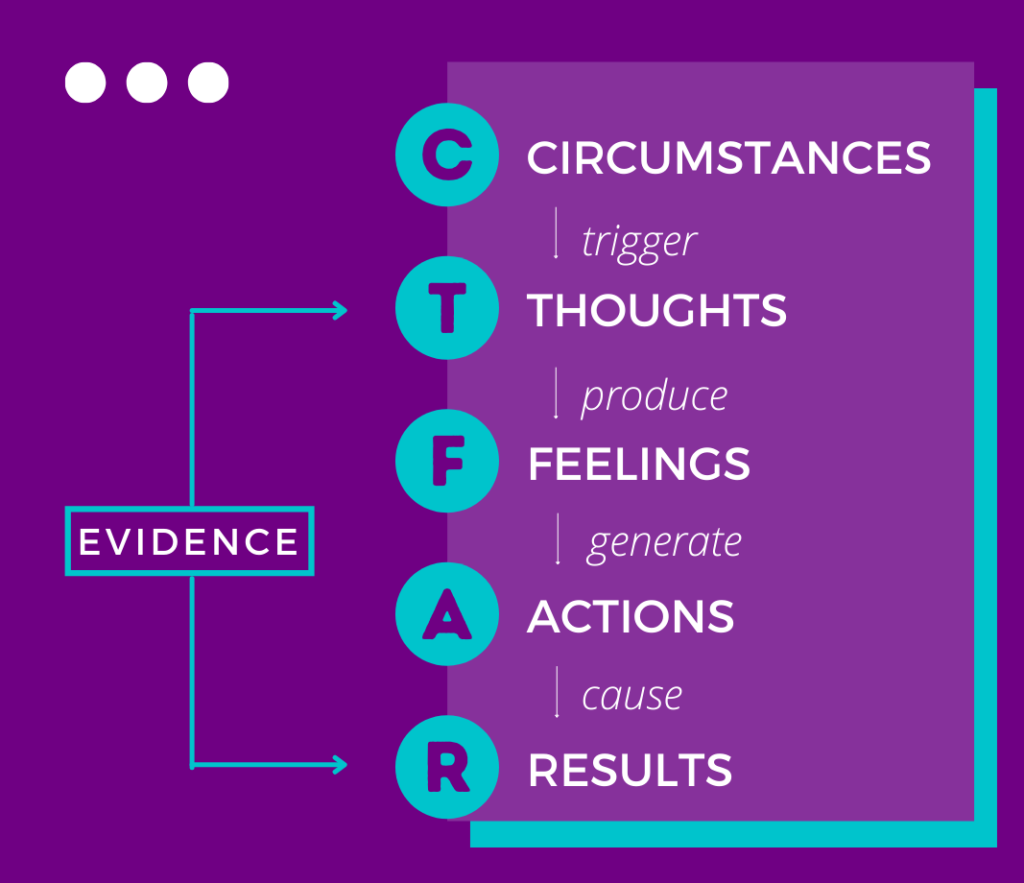Ahh, lists. If you’re a life coach, it’s likely that you rely on lists to keep your life organized. Lists help us plan out our future and keep our thoughts organized. They are a powerful tool. So when you’re starting your own business, you’re going to want to use lists as part of your toolkit.
After all, starting your own business can be overwhelming. While you may start out excited, motivated and bursting with ideas, those feelings can quickly devolve into feeling of fear, anxiety, and overwhelm. Creating lists when starting your own business can keep you accountable and prevent you from feeling so overwhelmed.
Contrary to what other so-called business experts will tell you, starting your own business isn’t only about money and strategy. It is also about mindset. As an entrepreneur, if your mind isn’t in the right place when starting a business, you’re going to a have a tough road ahead of you.
From personal experience starting my own business, I know that there are four types of lists you should create when starting your business:
- A Results List
- A Beliefs List
- An Ideas List, and
- A Support List
These four lists will make starting your own business so much easier. Read on for an in-depth description of the four types of lists you should create when starting your own business.
1. Results List
You’re probably wondering, why am I saying you should write a list of results instead of a list of goals? I do this because I believe in taking radical responsibility for the things we create in our lives.
When we look at The Thought Model, Results are the outcomes of the Action we take. And we can control our actions. If we create it, we can do something about it.
What happens I think when people create goals, is they say, “Okay, I want this goal, and so I will do X-amount of actions to achieve it.” But, they don’t take into account the Thoughts and Feelings they will need to accomplish that goal.
So, they end up relying on willpower or grit to force themselves to take the action over and over and over again. But that process isn’t necessarily sustainable. And it’s definitely not scalable.
What happens when you’re tired? When things don’t quite go your way? When you’re feeling frustrated, confused, disappointed? When you’re in those emotional states, you’re not doing the things that would lead to the result that you want.
So, instead, ask yourself: What results would I like to create in my business? (And remember, a result is dictated by actions we take over time.)
Put those results in the R-line of your Thought Model and ask yourself: what Actions do I need to take in order to create this result? And how do I need to Feel as I’m taking this action?
By laying down an emotional roadmap for yourself, you can avoid common pitfalls like frustration, exhaustion, doubt and overwhelm.
2. Beliefs List
A belief is a thought that we’ve decided is true. Thoughts that dictate what we do and what we don’t do. We create our


